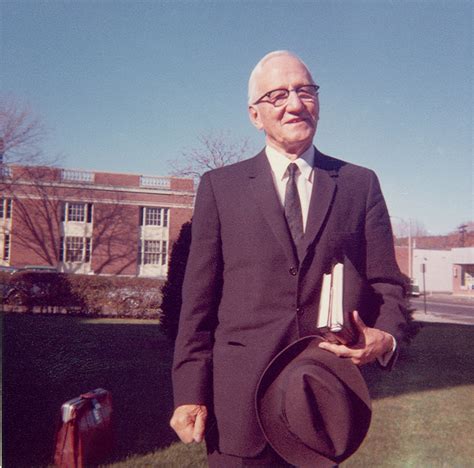A Quote by Publilius Syrus
Even a god finds it hard to love and be wise at the same time. -Amare et sapere vix deo conceditur
Related Quotes
I believe in God. Maybe not the Catholic God or even the Christian one because I have a hard time seeing any God as elitist. I also have a hard time believing that anything that created rain forests and oceans and an infinite universe would, in the same process, create something as unnatural as humanity in its own image. I believe in God, but not as a he or she or an it, but as something that defines my ability to conceptualize within the rather paltry frames of reference I have on hand.
While love takes on itself impossible tasks, yet it finds that love lightens all loads. It is the same burden that wings are to a bird, that sails are to a ship. Nothing is hard if done for love's sweet sake. The yoke of love is easy; the yoke of duty is hard. There is all the difference in the world between being drawn by love and being driven by duty. The task may be the same, but love makes everything light, and duty makes everything drudgery.
Some people are very earnest after the things of God, and he who seeks finds, and the more he seeks in the right direction the more he finds. He that is dilatory in searching after the things of God, obtains but little; he that is diligent obtains much. All may receive it, but they must obtain it in the way that God has appointed, all receiving their measure according to their diligence and desire; but the spirit is the same.
In the dominant Western religious system, the love of God is essentially the same as the belief in God, in God’s existence, God’s justice, God’s love. The love of God is essentially a thought experience. In the Eastern religions and in mysticism, the love of God is an intense feeling experience of oneness, inseparably linked with the expression of this love in every act of living.





































